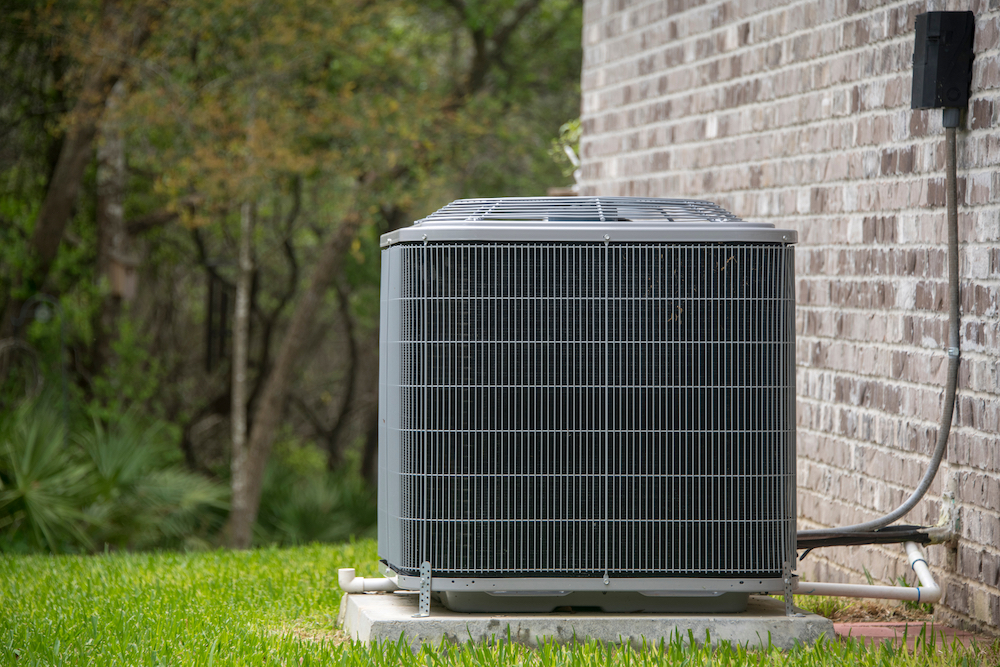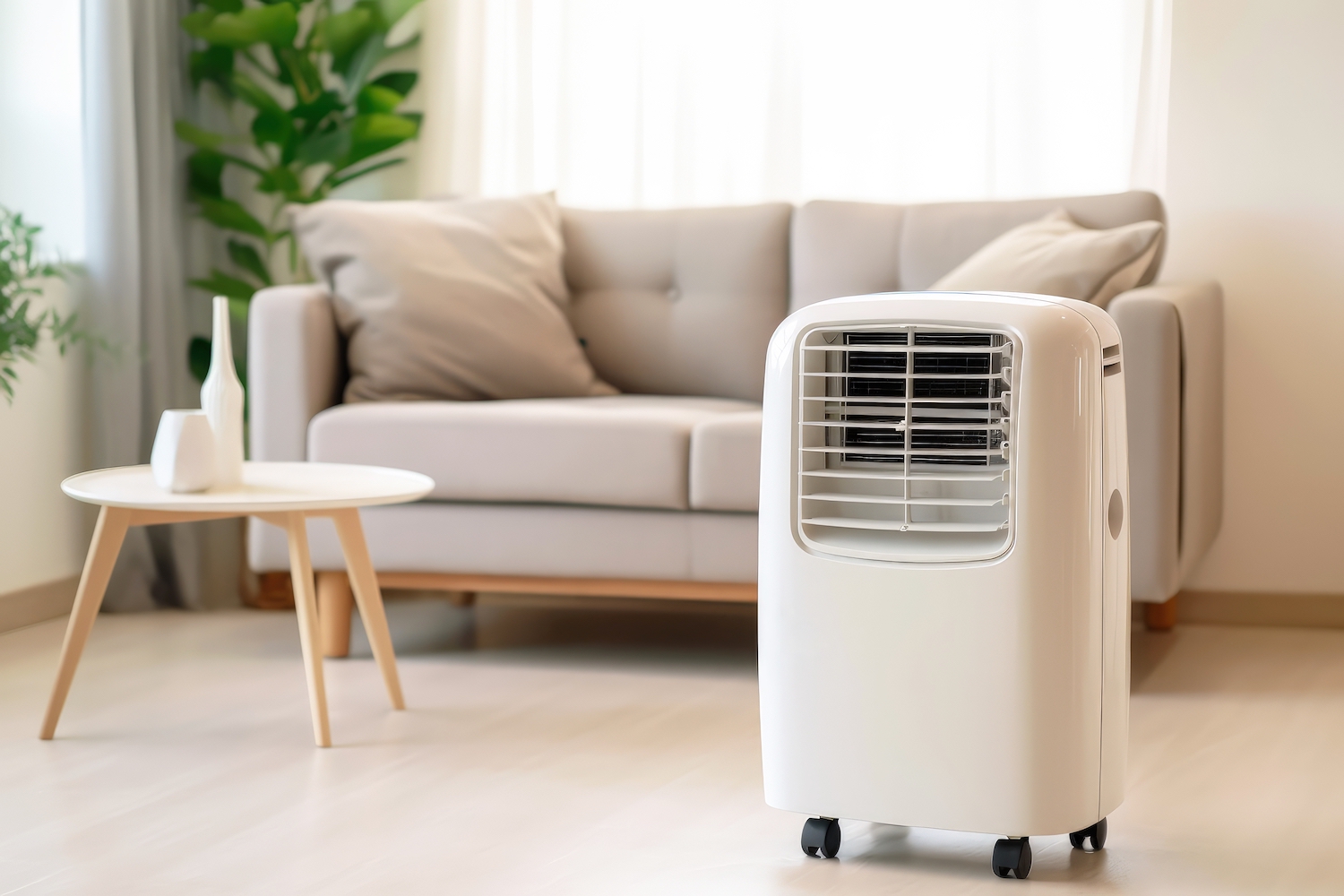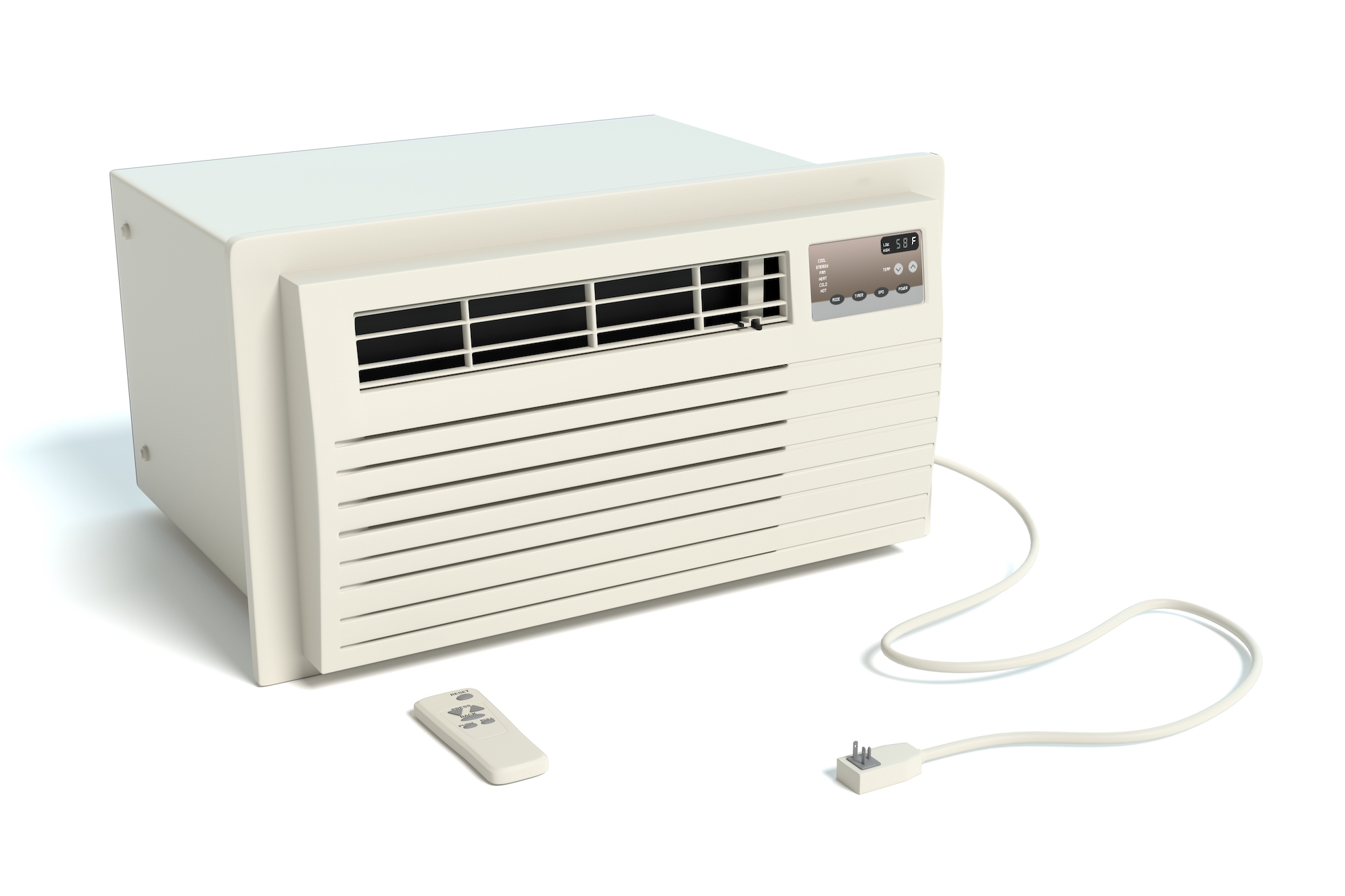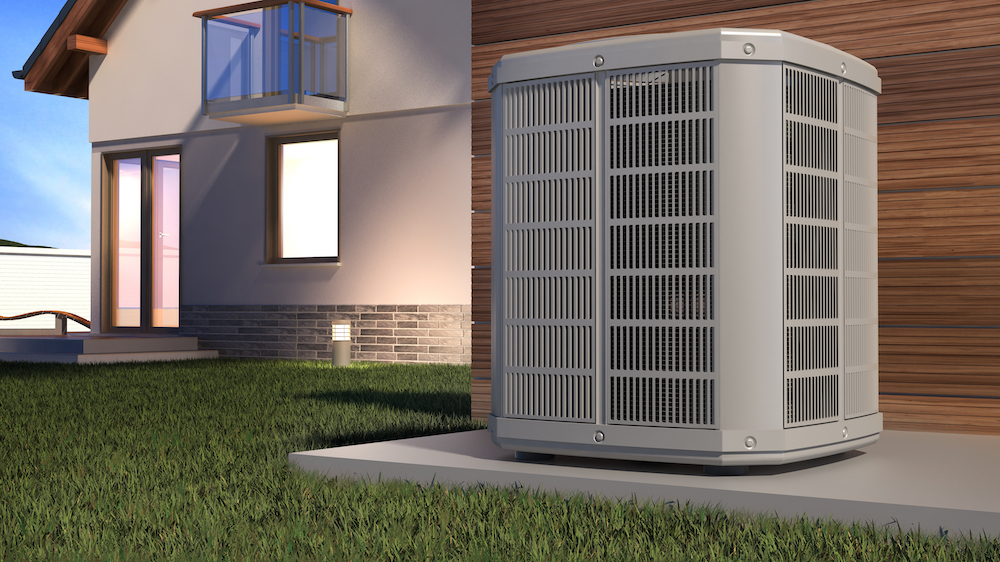
Find out what solar panels cost in your area
Air conditioners draw massive amounts of power to keep your home cool and comfortable. Unfortunately, this can mean a higher electricity bill as well as added stress on your home's backup battery storage during a power outage.
You'll need to know how many watts your air conditioning unit uses in order to allocate the power required to run it on your backup battery storage. Let's break down how many watts a typical air conditioner uses, why those watts matter, and how you can save on your electric bill.
Key takeaways
-
The amount of watts an AC unit uses depends on the type of system and its size, but you can assume it uses around 1,000 watts.
-
In addition to the wattage, look for the SEER and BTU rating to best understand an AC’s necessary power consumption.
-
Solar panels can help keep your electric bills down, but the unit will still use large amounts of electricity to run, no matter your power source.
How many watts does a typical air conditioner use?
An air conditioner uses an average of about 1,000 watts. This number depends, though, on several factors such as the type of air conditioner, the size, and how hard it needs to work in order to cool down the designated space.
BTUs explained
Each AC unit uses a specific measurement to determine its cooling capacity called BTUs or British Thermal Units. BTUs measure your air conditioner's ability to remove heat from your home's air over a particular period, usually an hour. While a window air conditioner might be rated at around 5,000 to 10,000 BTUs, a residential central air conditioning unit may average between 20,000 to 50,000 BTUs.
Since the BTU rating is essentially a measurement of an AC's cooling capacity, that capacity can also give you an idea of how many watts it might take to cool your space.
BTU AC | Watts |
|---|---|
5,000 | 41 -625 |
10,000 | 833-1,500 |
15,000 | 1,250-2,250 |
The details of your specific air conditioner can be found on the machine's label, but if you are blasting your AC, it will use more power.
SEER ratings explained
An air conditioner's SEER or Seasonal Energy Efficiency Ratio rating is a measurement of how efficient an AC unit is. These measurements range all over the map, but a 13 SEER rating is a solid jumping-off point.
Factors that influence air conditioner electricity usage
Even if you have the most efficient AC that is Energy Star-rated, there are outside factors that can make it work harder. Elements such as temperature, humidity, home insulation, and whether the AC unit has been running all day typically affects its energy usage.
Be sure to buy an air conditioning unit that is large enough to cool your home. If the system you purchase is too small, it will need to work extra hard to cool down the space.
Overworking your AC unit will drive up the watt usage, but under typical circumstances, your AC will use the amount of watts that appear on the label.
How many watts do the different types of air conditioners use?
A window unit is much smaller than a central air conditioner, and as such, needs different amounts of watts to run. To give you an idea, we’ve rounded up the average watts used by the most common types of air conditioners: portable air conditioners, window units, and central AC systems.
Portable air conditioner

Portable air conditioners offer convenience, less noise than window units, and incredible cooling ability. You can expect these units to use between 700 and 1,500 watts. While portable air conditioners might be a homeowner's only option, keep in mind that they use a lot of electricity to operate.
Window unit air conditioners

Window units are a great supplement if a full HVAC system is not an option. You can expect them to use about 500 to 1,000 watts an hour depending on the size of the unit and the square feet of the space the unit needs to cool down.
Central air conditioners

Central air conditioning systems are large machines that are usually installed outside the home and force air in and out of ducts throughout a building. They are quite efficient but they do cover a fair amount of space, so you can expect them to use between 3,000 and 5,000 watts of power.
How many solar panels do you need to run an AC?
There is no easy answer to how many solar panels you need to run your AC unit. It typically depends on the wattage of the unit you are using, how often your AC unit is on, and how much power your solar panels are producing at the time you're using your AC.
If you are looking for a solid answer, based on the average watts of all AC units, you can assume that you need at least three 350 W solar panels for the average AC wattage of 1,000 watts (at least in our hypothetical example). A 350 W panel will produce about 350 W per hour, so three panels can provide 1,050 W to power your AC unit. Air conditioning units are generally electricity guzzlers no matter how you get your power.
If you have air conditioning in your house prior to getting solar installed, your solar installer will take your energy consumption into account when building out a solar system. If you are installing AC after your solar panels, or want to understand how much electricity you need to store in a storage battery to run AC during a power outage, knowing the watts your system uses is important.
For instance, a backup battery cannot provide enough power for every appliance in your home if the electricity goes out. If you define your AC as an essential load – something that needs to run if the power is out – calculate that into your decision.
Learn more about essential loads here.
How can solar panels cut your electric bill?
As a general rule, no matter how many watts your AC uses, solar panels can help you cut your energy bills. When solar systems are installed, an installer determines the average electricity usage of your home and builds out the system size that can power that average electricity usage.
Solar can help you save money in a few ways by providing most or all of your electricity and reducing your bill or by net metering benefits that can pay you for the excess electricity that your panels produce.
If you do not have solar, monitoring your AC use can help you cut back on bills. Supplementing your home cooling system by adding ceiling fans, keeping window shades down during the day, and pre-setting your thermostat can go a long way in keeping your house cool.
The general rule is that the bigger the air conditioner or the more space it needs to cool down, the more watts it will take to do it. Buying a more energy-efficient air conditioner unit model can keep the watts low and the cool air flowing.
Ana is a marketing and communications professional with experience in the solar industry since 2020. As a former Marketing & Communications Manager at SolarReviews, she helped homeowners understand the value of solar energy and make informed decisions about installations. She holds a Master’s degree in Climate and Society....
Learn more about Ana Almerini